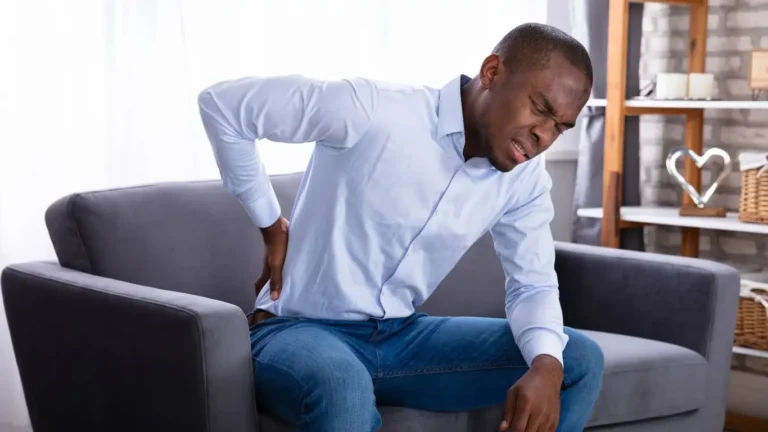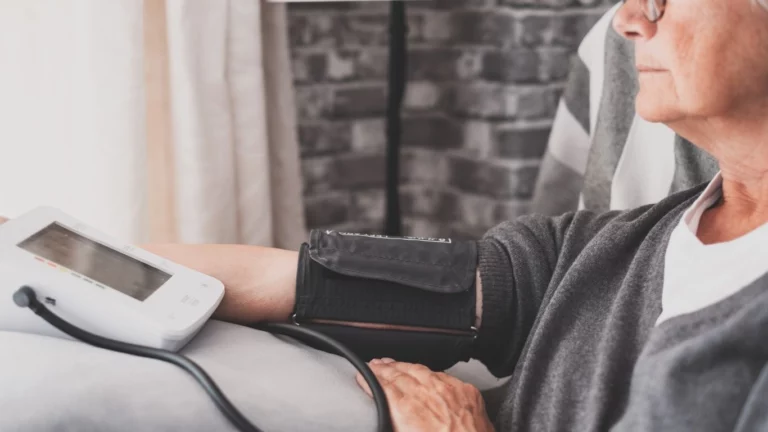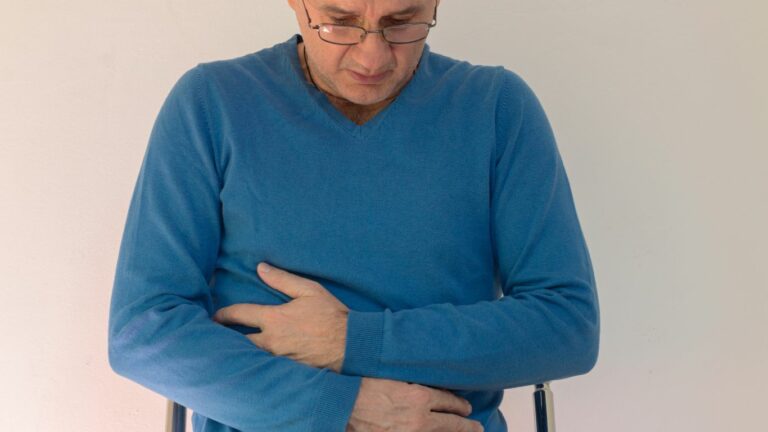Blood Pressure After Alcohol Withdrawal: What to Expect and Manage
Let’s talk about something I see more often in my practice than you might expect—blood pressure after alcohol withdrawal. It’s one of those things that can sneak up on people, especially when they’re trying to do the right thing and quit drinking. As an internal medicine physician, I’ve had more than a few patients come in worried about why their blood pressure spiked after ditching alcohol. The truth? It’s a complex, but totally manageable, situation once you understand what’s going on inside the body.
Why Blood Pressure Acts Up After You Quit Drinking

Now, alcohol withdrawal isn’t just about cravings and mood swings. It’s also a real shake-up for your cardiovascular system. When someone has been drinking heavily for a long time, their nervous system adapts. Alcohol suppresses certain brain activities and keeps the sympathetic (fight-or-flight) nervous system in check. But when you suddenly stop drinking, that suppression is lifted—and boom, the body overcompensates. This often means increased heart rate, tension, and yes, elevated blood pressure.
In the first few days after quitting alcohol, we sometimes see transient hypertension—that’s just a fancy way of saying a short-term spike in blood pressure. For someone already predisposed to high BP, like many of my hypertensive patients, this can be particularly dangerous if not closely monitored.
What’s Going On Under the Hood?
This part always fascinates me, and my patients find it helpful too. Here’s the breakdown:
- Increased catecholamines: Think of these as stress hormones like adrenaline. Once alcohol is out of the picture, your body produces more of them than usual, leading to elevated BP.
- Disrupted baroreceptor reflexes: These little sensors help regulate your blood pressure. Chronic alcohol use blunts their response, and withdrawal can make them go haywire.
- Fluid shifts: Alcohol is a diuretic, which means it dehydrates you. When you stop drinking, your body may retain more fluid—another contributor to raised blood pressure.
Real Talk: What I’ve Seen in Practice
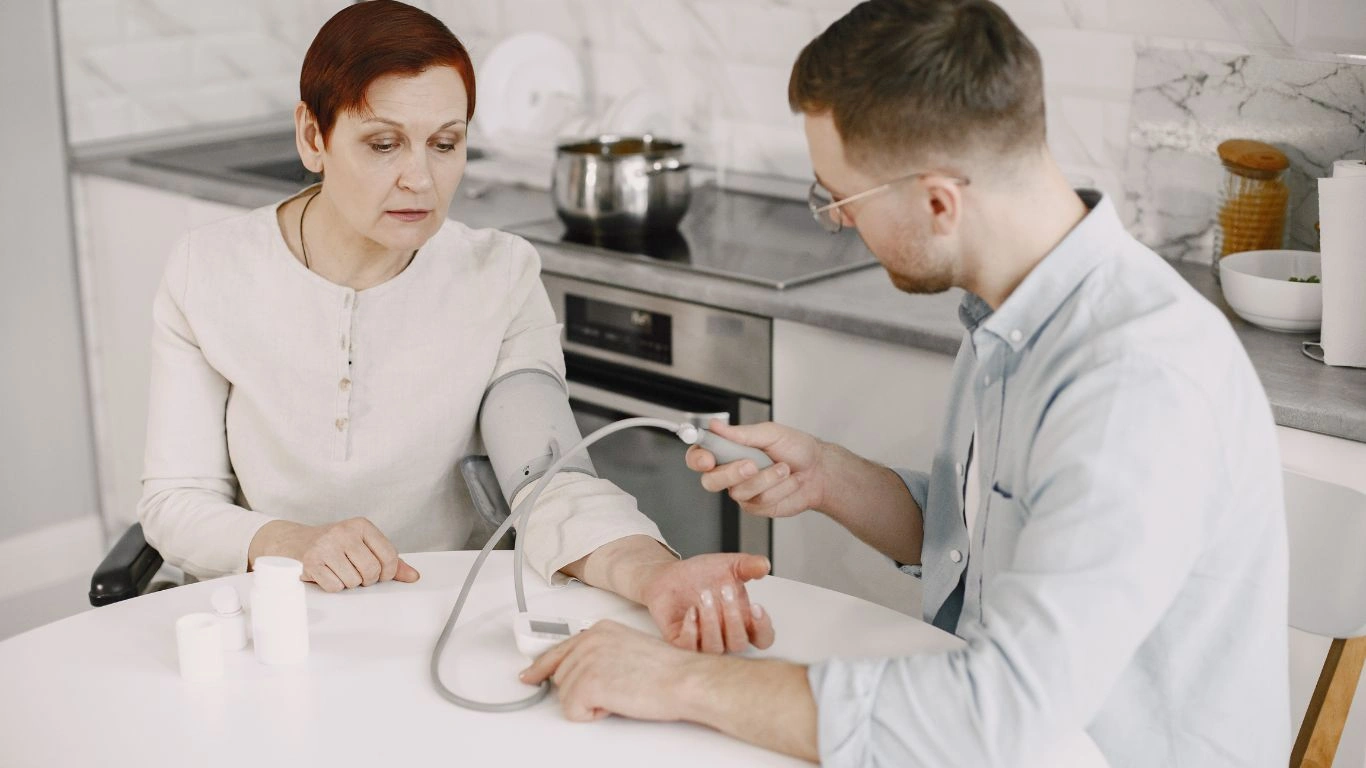
I had a patient—we’ll call him Tom—who came to me after quitting drinking cold turkey. He was feeling proud (rightly so), but panicked when his home blood pressure readings shot up into the 160s/100s range. That kind of jump can feel scary. But once we walked through what was happening, we developed a game plan. For Tom, that meant short-term medication adjustments, lots of water, and close monitoring for a couple weeks. His blood pressure eventually stabilized, and he’s still off alcohol today, with much better overall control.
It’s important to understand that not everyone will experience a spike, but if you already deal with hypertension, it’s something to be ready for. And it’s nothing to be ashamed of—your body is just trying to recalibrate.
Who’s Most at Risk?
Some folks are more prone to post-alcohol withdrawal BP spikes than others. In my experience, these are the top groups to keep a close eye on:
- Long-term heavy drinkers: The longer and more heavily someone has been drinking, the more their nervous system has adapted—and the harder it pushes back during withdrawal.
- People already diagnosed with hypertension: Of course, if your blood pressure tends to run high anyway, your baseline is already elevated.
- Older adults: As we age, our cardiovascular systems are less forgiving of sudden changes, including withdrawal-induced spikes.
- Those quitting cold turkey: Tapering off under medical supervision is usually the safer bet, especially if you’re at risk.
How Long Does the Blood Pressure Spike Last?

This is the golden question, and I wish there were a one-size-fits-all answer. Typically, I tell my patients that blood pressure might remain elevated for a few days to a couple weeks post-withdrawal. But again—it varies wildly based on how much you were drinking, how long you’ve been doing it, and your baseline health.
Some patients bounce back quickly. Others need a little pharmaceutical help, at least temporarily. That’s totally okay. The goal is always long-term health, and sometimes that means short-term interventions.
When to Worry: Warning Signs You Shouldn’t Ignore
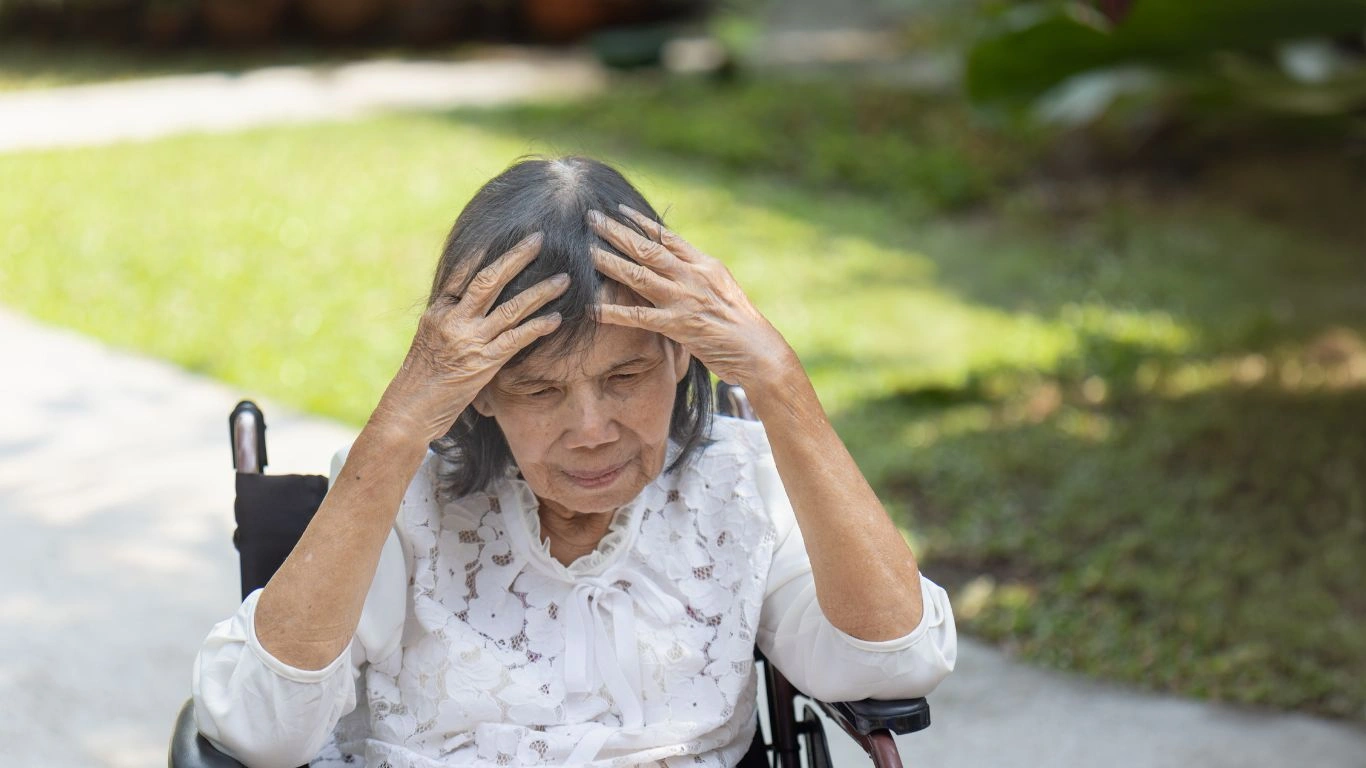
So, when is a blood pressure spike after quitting alcohol something to just monitor at home—and when is it time to pick up the phone and call your doc? I’ve seen both ends of the spectrum in my clinic. Some people sail through the transition, while others need medical intervention fast.
Here’s a quick rundown of red flags I always tell my patients to watch for:
- Severe or persistent headaches that don’t go away with rest or hydration
- Chest pain or tightness, especially if it radiates to your jaw or arm
- Vision changes, like blurriness or seeing spots
- Dizziness or lightheadedness that interferes with your ability to function
- Shortness of breath—especially if it’s new or worse than usual
If you’re seeing those symptoms and your blood pressure is still trending high (we’re talking 180/110 or above), don’t brush it off. I’ve had patients try to tough it out, thinking it’s “just withdrawal,” but we’ve caught serious issues like hypertensive urgency and even impending stroke risk by acting early.
Managing Blood Pressure After Alcohol Withdrawal—What Actually Helps?

Let me tell you something I say in the office all the time: it’s not just about stopping the alcohol. Managing blood pressure after alcohol withdrawal is really about supporting your entire body as it rebalances itself. There are a few key strategies I lean on with my patients—and they really work.
1. Hydration Is Non-Negotiable
Alcohol dehydrates you. Withdrawal doesn’t automatically fix that. In fact, as your system stabilizes, your body might start retaining fluid, which messes with your blood pressure. I encourage patients to drink plenty of water (not soda, not sugary sports drinks—just plain water with maybe some electrolytes if needed). Dehydration-related hypertension is sneaky but real.
2. Don’t Skip Sleep
This is a big one. Withdrawal throws off your sleep rhythm, and poor sleep jacks up your cortisol levels—hello, high BP. One patient of mine started tracking his sleep and blood pressure together and was shocked at how tightly linked they were. I often recommend calming bedtime routines: magnesium, a warm shower, white noise—whatever helps wind the brain down.
3. Gradual Movement Helps More Than You Think
You don’t need to start training for a marathon. But light movement—like a walk around the block or a few stretches during the day—can work wonders for stabilizing blood pressure. It also helps regulate your nervous system and keep anxiety in check, which is often revved up during withdrawal.
4. Medication Adjustments Might Be Needed (And That’s Okay)
In some cases, I’ve temporarily increased or adjusted blood pressure meds while someone’s going through alcohol withdrawal. It’s not a step backward. Think of it like a seatbelt during turbulence—you’re still headed in the right direction, just safely.
How Nutrition Supports the Process

Nutrition plays a huge role in blood pressure management, especially post-alcohol. Many long-term drinkers tend to be low in potassium, magnesium, and B vitamins—nutrients that are crucial for healthy blood pressure regulation.
Here are a few go-to foods I recommend for this phase:
- Leafy greens: Spinach, kale, Swiss chard—all potassium-rich and great for heart health
- Bananas and sweet potatoes: Easy sources of potassium that also help with energy
- Salmon and other fatty fish: Omega-3s have a mild blood-pressure-lowering effect
- Whole grains: Oats, brown rice, quinoa—all help stabilize blood sugar and reduce vascular stress
And yes, sometimes I recommend supplements—but only after we’ve looked at labs or symptoms. No one-size-fits-all here.
A Note About Caffeine and Salt
This is always controversial. Some patients go cold turkey on salt and caffeine when they’re trying to get healthy, but that’s not always necessary—or even helpful. If you’re a moderate caffeine user, I usually say it’s fine to continue. Just don’t overdo it. And for salt? Cut back if you were previously heavy-handed, but don’t go salt-free unless advised. The key is balance.
Bottom line: it’s about supporting your body, not shocking it.
Alcohol Withdrawal Isn’t a Solo Journey
Look, I know firsthand from working with so many patients—alcohol withdrawal can be an emotional rollercoaster. The blood pressure fluctuations are just one piece of it. But the good news is, they’re often manageable with the right tools and mindset.
If you’re in this transition, don’t go it alone. Loop in your healthcare team, stay consistent with your check-ins, and trust that your body is trying to heal. Yes, it can be frustrating. Yes, the blood pressure swings might freak you out. But they’re part of the process. And with the right support, they’re almost always temporary.
Long-Term Outlook: What Happens Weeks or Months After Withdrawal?

Once the initial storm of alcohol withdrawal passes, many people expect their blood pressure to return to “normal” right away. Sometimes it does—and sometimes, not so much. I’ve followed patients for months after they’ve stopped drinking, and what I’ve seen is a wide spectrum of outcomes.
Some individuals notice steady improvement in their blood pressure as their body re-adjusts to a life without alcohol. Others plateau or continue experiencing fluctuations, especially if they’ve had years of alcohol-related hypertension. And here’s the kicker—blood pressure doesn’t exist in a vacuum. It’s influenced by sleep, stress, diet, meds, hydration, movement… the whole nine yards.
I usually tell my patients: quitting alcohol gives you the opportunity to optimize your blood pressure, but it doesn’t automatically guarantee perfect numbers. That said, it’s an incredible first step toward long-term cardiovascular health.
When Lifestyle Alone Isn’t Enough
Let’s be real—sometimes lifestyle changes help a lot, and sometimes they’re just not enough on their own. I’ve had folks who eat clean, exercise, meditate—and still need medication to manage their blood pressure after quitting alcohol. That’s okay.
Here’s what I emphasize:
- There’s no shame in needing meds. It’s not a failure—it’s part of a comprehensive plan.
- Routine labs and checkups matter. Alcohol can affect kidney and liver function, both of which play a role in blood pressure regulation.
- Your care plan should evolve. What worked during week one post-withdrawal might need tweaking by month three.
Support Systems Make a Difference
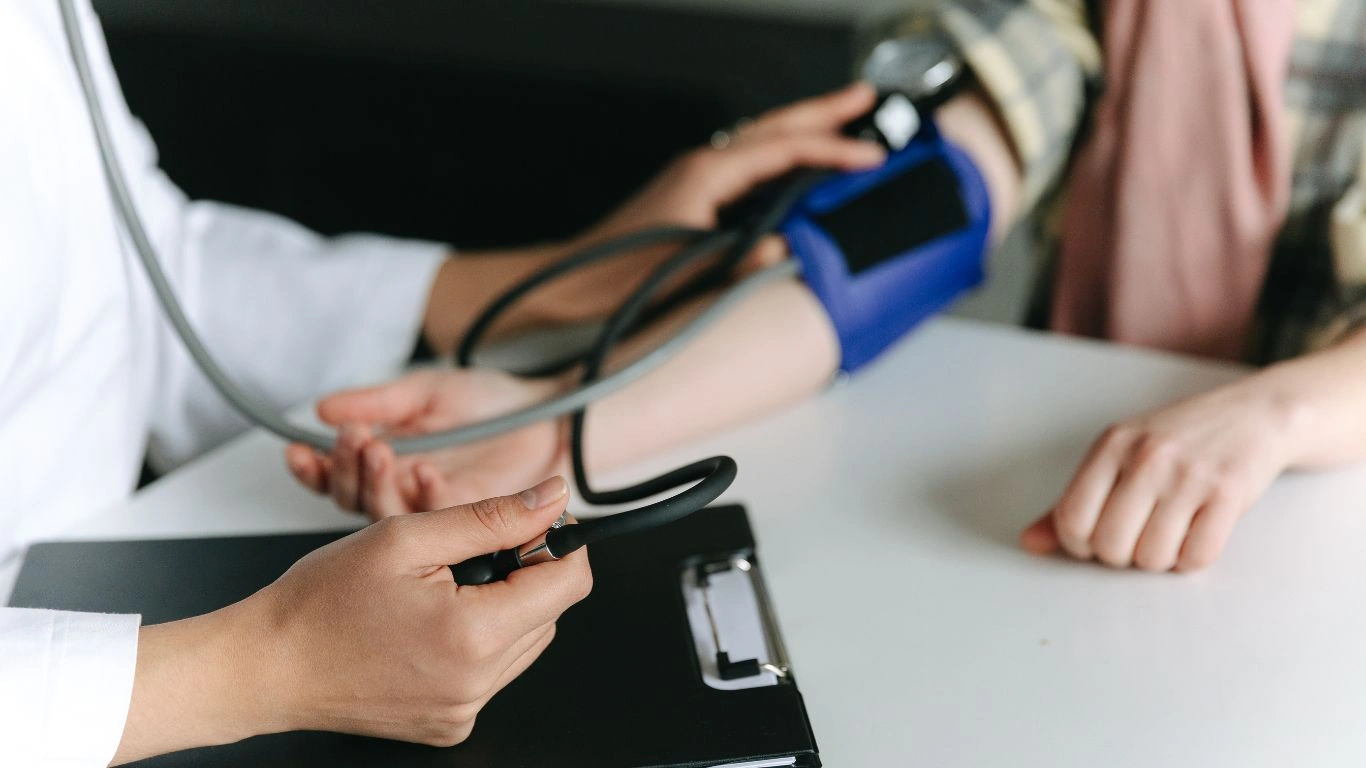
Let’s not forget the emotional component. Blood pressure after alcohol withdrawal isn’t just a physical response—it’s wrapped up in the broader experience of recovery. I’ve seen patients with solid support networks—family, friends, counseling—bounce back quicker and manage their health better overall.
On the flip side, isolation and stress can make everything worse. If you’re in this stage, it helps tremendously to have people to lean on, whether that’s a therapist, a primary care provider (like me!), a recovery coach, or even just a trusted friend who checks in on you weekly.
Helpful Resources to Check Out
If you’re looking to learn more about how alcohol affects blood pressure, or if you’re considering making changes in your lifestyle, these organizations offer evidence-based guidance:
- Centers for Disease Control and Prevention (CDC)
- American Heart Association
- National Institutes of Health (NIH)
- Substance Abuse and Mental Health Services Administration (SAMHSA)
And of course, nothing replaces a conversation with your personal physician. Online resources are helpful, but your body and situation are unique. What works for one person might not work the same way for someone else.
What I Tell My Patients (and What I Wish Everyone Knew)
If I could sit down with every person who’s worried about their blood pressure after quitting alcohol, I’d say this: You’re doing something incredibly positive for your body, but it’s a process. It takes time. It takes patience. And sometimes, it takes a little trial and error.
One patient I worked with—let’s call her Linda—struggled for months with fluctuating BP after she stopped drinking. She was frustrated, tired, and second-guessing if quitting was even helping. But after adjusting her medications, improving her sleep, and slowly introducing regular walks and strength training, we started seeing real progress. Not overnight, but steady. And now, two years later? She’s got one of the most stable blood pressure profiles in my practice.
That’s the long game. That’s what success looks like.
Final Thoughts (Not a Conclusion… Just Real Talk)
If you’re reading this and you’re going through alcohol withdrawal or supporting someone who is—know that you’re not alone. Yes, your blood pressure might spike. Yes, it might feel like your body’s working against you. But with the right support and guidance, your body is actually doing what it’s meant to do: heal.
Whether you’re early in the process or months down the line, don’t hesitate to bring your healthcare team into the conversation. Your blood pressure story doesn’t end at withdrawal—it evolves. And it can improve.
References
Disclaimer
This article is for informational purposes only and is not intended as medical advice. Always consult your physician or a qualified healthcare provider regarding any questions you may have about a medical condition or treatment plan. The insights shared here are based on clinical experience and general knowledge but should not replace professional medical evaluation and care.

Dr. Gwenna Aazee is a board-certified Internal Medicine Physician with a special focus on hypertension management, chronic disease prevention, and patient education. With years of experience in both clinical practice and medical writing, she’s passionate about turning evidence-based medicine into accessible, actionable advice. Through her work at Healthusias.com, Dr. Aazee empowers readers to take charge of their health with confidence and clarity. Off the clock, she enjoys deep dives into nutrition research, long walks with her rescue pup, and simplifying medical jargon one article at a time.



